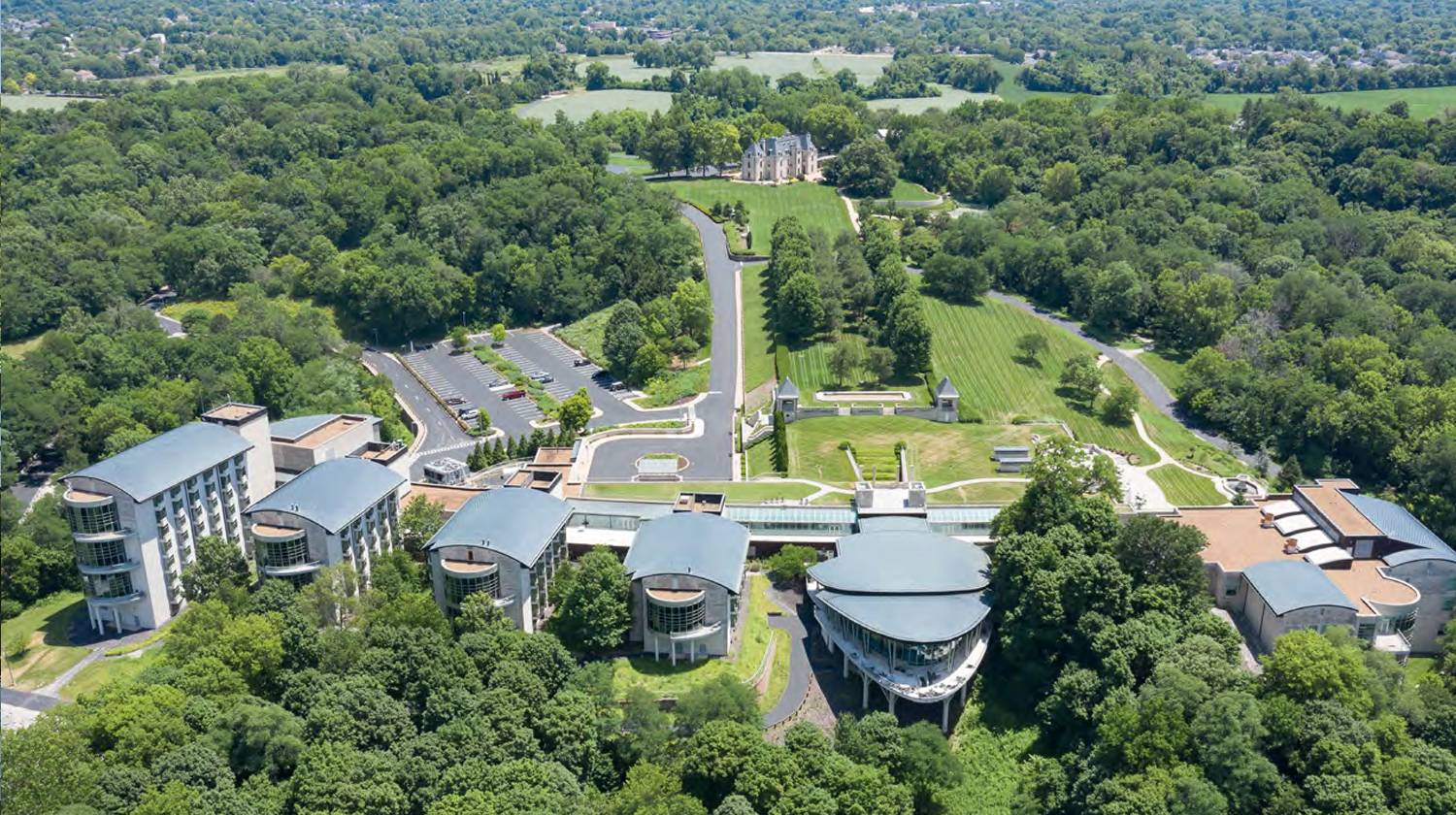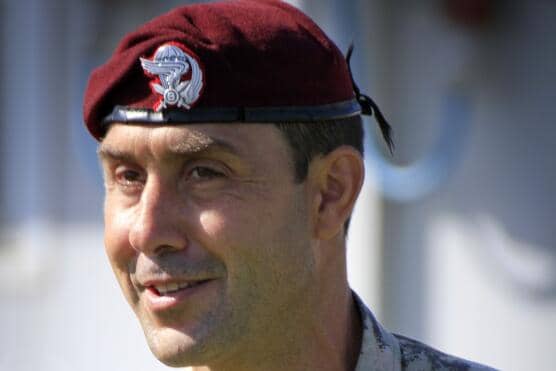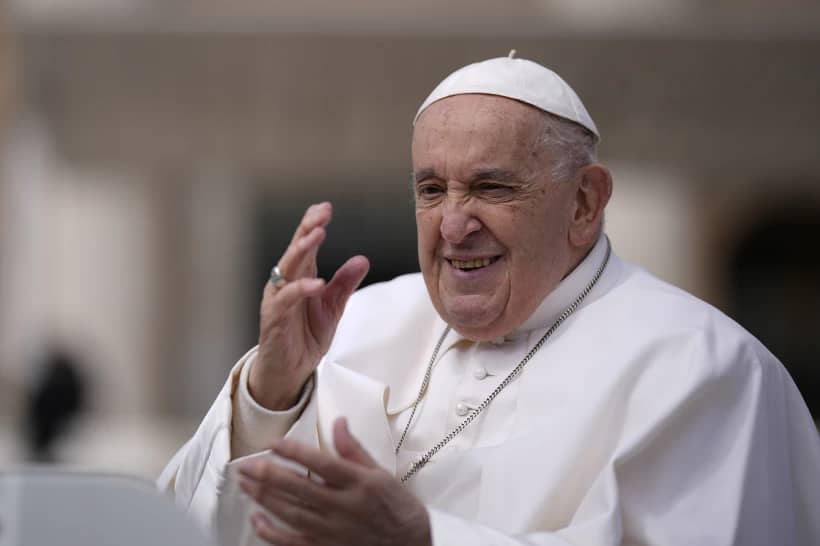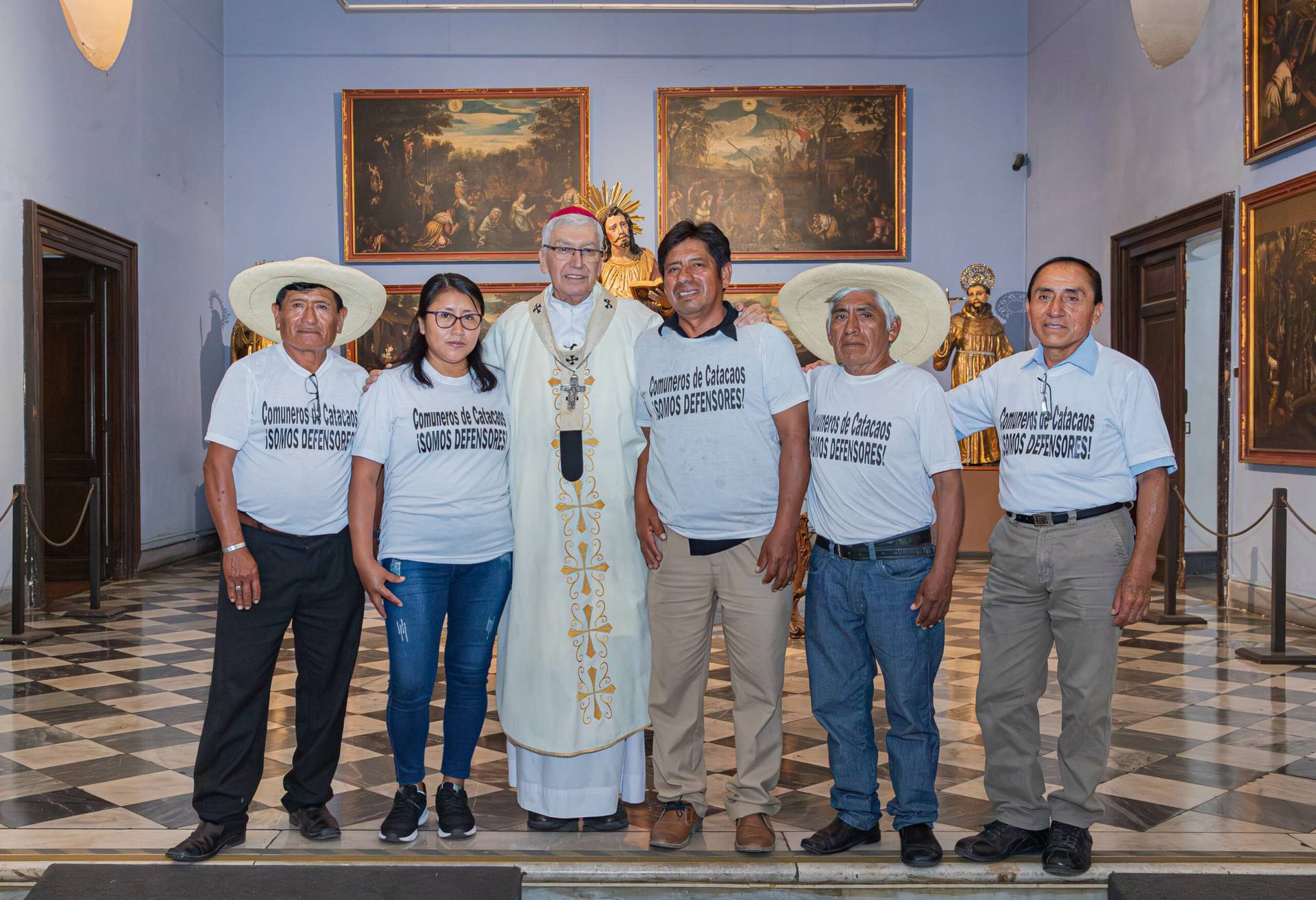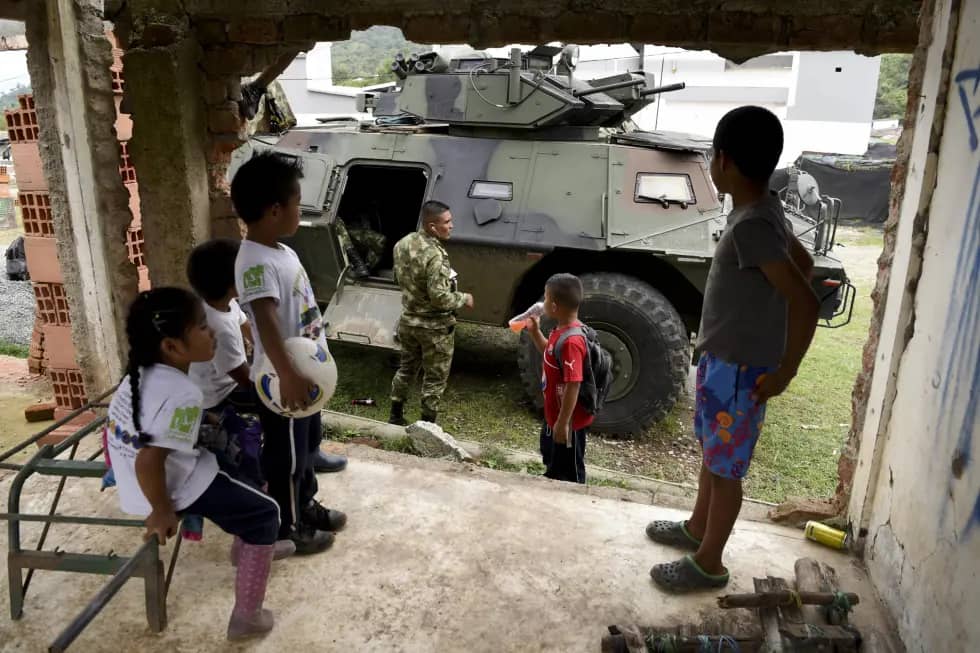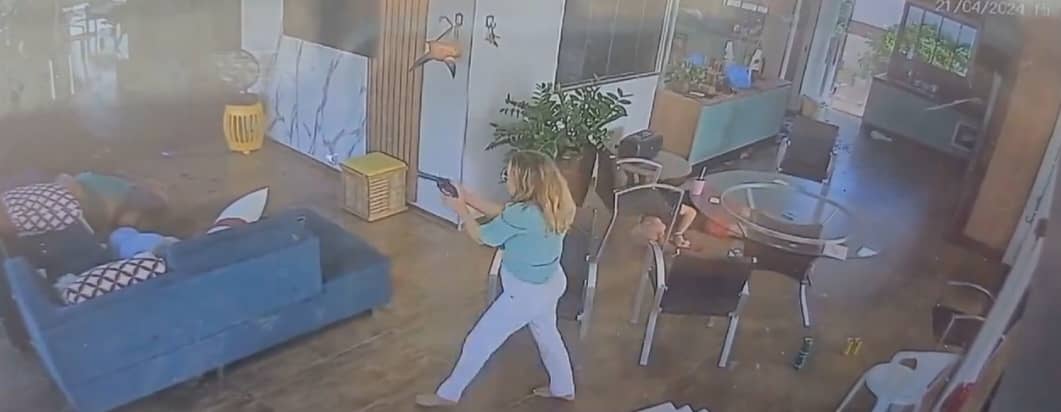SÃO PAULO, Brazil – Amid a growing wave of violence in Haiti, a priest who’d just finished celebrating Mass, six religious brothers and a lay school teacher were all kidnapped on the same day, the latest setbacks for the Church in the overwhelmingly Catholic island nation.
The religious, members of the Brothers of the Sacred Heart, and the teacher was heading to school Jean XXIII, where they work, when they were intercepted by criminals. The school is located near Village de Dieu, a district which is controlled by a mafia-like gang called “5 Segonn,” headed by a figured referred to as “Izo,” who became notorious a couple of years ago for his social media videos.
At the same time, the young vicar of the Saint Yves and Saint Martin parish, who was coming back to his neighborhood after celebrating Mass in the chapel of Our Lady of Fatima, was also intercepted and taken by gang members.
A person who is close to the Haitian bishops’ conference and is taking part in the negotiations with the kidnappers of the six brothers told Crux that the initial ransom demanded was “rather high.” The person preferred to remain anonymous for safety concerns.
“We have been dialoguing with them, and now the ransom is beginning to go down,” the person said. The negotiation of the diocesan priest’s ransom is not being conducted by the same group and there is no available information on that, the person added.
In January alone, at least 806 people were killed, injured, or kidnapped in Haiti, along with additional 300 gang members who were also killed or injured.
For Catholic missionaries, those have not been easy times. On Jan. 19, a group of six Catholic nuns were abducted by armed men in Port-au-Prince and kept for five days by criminals.
On Feb. 18, Bishop Pierre-André Dumas of Anse-à-Veau and Miragoâne was wounded in an explosion that hit the house where he was staying during his visit to the Haitian capital.
Observers say that priests and members of Catholic congregations are especially targeted by kidnappers because they know that church groups will pay higher ransoms than regular people.
Over the past couple of years, churches and missions have also been invaded and robbed by gangs, at times forcing religious groups to abandon their work. That was the case with a Brazilian inter-congregational mission that had been operating in Port-au-Prince for 13 years, until it had to be closed in 2023 after it was invaded and robbed by armed men.
Violence has been continually growing in Haiti since the killing of late President Jovenel Moïse in 2021.
Gangs have been progressively taking control over vast territories in Port-au-Prince and disrupting several activities in the country, which is the poorest in the American continent.
“One can never know if his or her district will be suddenly dominated by gangs and everybody will be forced to leave their homes. That kind of thing has been happening even in middle-class neighborhoods,” Father Firto Régis, who lives in Carrefour, a town west of Port-au-Prince, told Crux.
Régis explained that street demonstrators have been demanding the resignation of Prime Minister Ariel Henry since December. Some of the protests included barricades and turned violent.
“There’s a terrible security crisis going on and the people just want Henry to leave. The problem is that elections are impossible at this point. There’s no real political life in the country right now,” Régis said, adding that political parties are all disorganized and there are no leaders capable of galvanizing massive popular support.
“We would have to politically prepare society and deal with the security crisis before organizing the elections,” he said.
Régis said that Haitians cannot stand violence anymore and are growing impatient with the constant risks posed by criminals. The church has been one of the few institutions to keep its work amid the chaos.
“Church members have been present in very dangerous places. That’s the case of school Jean XXIII, for instance. It’s located in a small enclave of peace surrounded by gang-controlled neighborhoods,” he said.
Régis doesn’t think there’s an easy way out of the current crisis.
“The people are demobilized and unmotivated when it comes to Haitian politics. Everybody just wants to leave the country,” he said.







